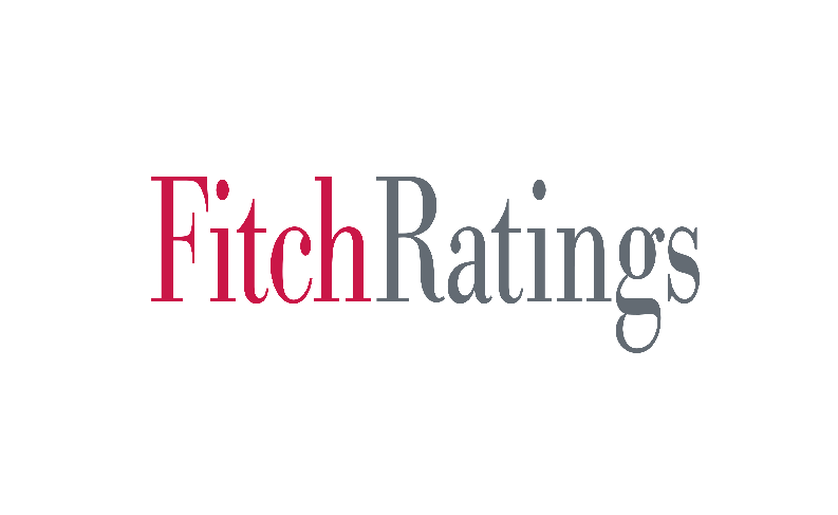Personal Development, Business, Finance, and Investing for Everyone
An investment in knowledge always pays the best interest.
|
Fitch Ratings has affirmed the Philippines’ investment-grade credit rating of “BBB” in view of the country's credible economic policy framework, strong economic growth, and sound external finances. In its statement, Fitch “forecasts the Philippines’ real gross domestic product (GDP) growth at 6.8 percent in 2022, driven by strong domestic demand, reflecting normalization of economic activity after the pandemic and the government’s investment program.” Fitch also expects “the general government deficit to narrow to 4.3 percent of GDP in 2022 and 2.4 percent of GDP by 2024, from 4.8 percent of GDP in 2021.”
The direction of these estimates is aligned with the Marcos Administration’s Medium-Term Fiscal Framework, which according to the head of the economic team and Finance Secretary Benjamin E. Diokno, was formulated to guide the government’s financing program for the next six years. Secretary Diokno also emphasized that the economic team is employing the necessary policy levers to address emerging risks. Fitch also noted that the Bangko Sentral ng Pilipinas’ (BSP) inflation-targeting framework "remains credible" amid monetary tightening and domestic inflationary pressures. In response to the Fitch’s announcement, BSP Governor Felipe M. Medalla said that “the BSP consistently signals to the market its unwavering commitment to use the tools at its disposal to address the current challenges brought by monetary policy tightening of advanced economies and its impact on small open economies like the Philippines. This underscores the importance of having a credible central bank.” The BSP’s policy toolkit includes interest rate adjustments, a flexible exchange rate, and the use of foreign exchange reserves. The BSP also supports the implementation by the national government of targeted non-monetary interventions to help address price pressures. “The combination of these measures will help us manage exchange rate pressures and bring inflation back to a target-consistent path,” the central bank chief added. Fitch, meanwhile, maintained the outlook on the country's BBB rating as “negative,” citing risks to the Philippines’ medium-term growth prospects, fiscal adjustment path, and external buffers in an environment of higher interest rates, weaker external demand, and higher commodity prices. The Philippines’ net external creditor position is likely to remain stronger than the “BBB” median, according to Fitch. While the rating agency expects the current account deficit (CAD) to widen to 5.0 percent of the GDP in 2022, “the wider CAD is largely driven by higher commodity imports supported by strong domestic demand,” and Fitch forecasts a narrowing of the CAD to 1.8 percent of GDP by 2024. Fitch added that "the emergence of CAD has put pressure on foreign exchange reserves, although we expect reserve coverage to remain ample at about six months of current external payments." Based on the latest BSP data, the CAD is financeable considering that liquidity buffers remain robust as of end-September 2022. Gross international reserves (GIR) stood at USD 93.0 billion, representing a more than adequate external liquidity buffer equivalent to 7.4 months’ worth of imports of goods and payments services. Moreover, the GIR is also about 4.0 to 6.6 times the country’s short-term external debt. This exceeds the three-months’ worth of imports that the International Monetary Fund suggests as a rule of thumb in reserve adequacy. A sovereign investment-grade rating indicates lower credit risk, thus allowing a country to access funding from development partners and international capital markets at lower cost. This enables a country to channel funds that would have otherwise been allotted for interest payments to socially beneficial programs and projects. According to Fitch, “BBB” ratings indicate that expectations of default risk are currently low. The capacity for payment of financial commitments is considered adequate, but adverse business or economic conditions are more likely to impair this capacity. A negative outlook, meanwhile, means Fitch could potentially downgrade the country’s credit rating in the next 12 to 24 months.
0 Comments
Leave a Reply. |
PLACE YOUR ADS HERE YOUR PAYDAY REMINDER FEATURED PARTNER FEATURED PROMOTIONS FEATURED MENTIONS PLACE YOUR ADS HERE PLACE YOUR ADS HERE For more updates about Personal Development, Financial and Investment Education. Join and Subscribe to my Newsletter. It's FREE! ABOUT THE BLOGGERHi, I'm Ralph Gregore Masalihit! An RFP Graduate (Registered Financial Planner Institute - Philippines). A Personal Finance Advocate. An I.T. by Profession. An Investor. Business Minded. An Introvert. A Photography Enthusiast. A Travel and Personal Finance Blogger (Lakbay Diwa and Kuripot Pinoy). Currently, I'm working my way toward time and financial freedom. PLACE YOUR ADS HERE Follow me on |












